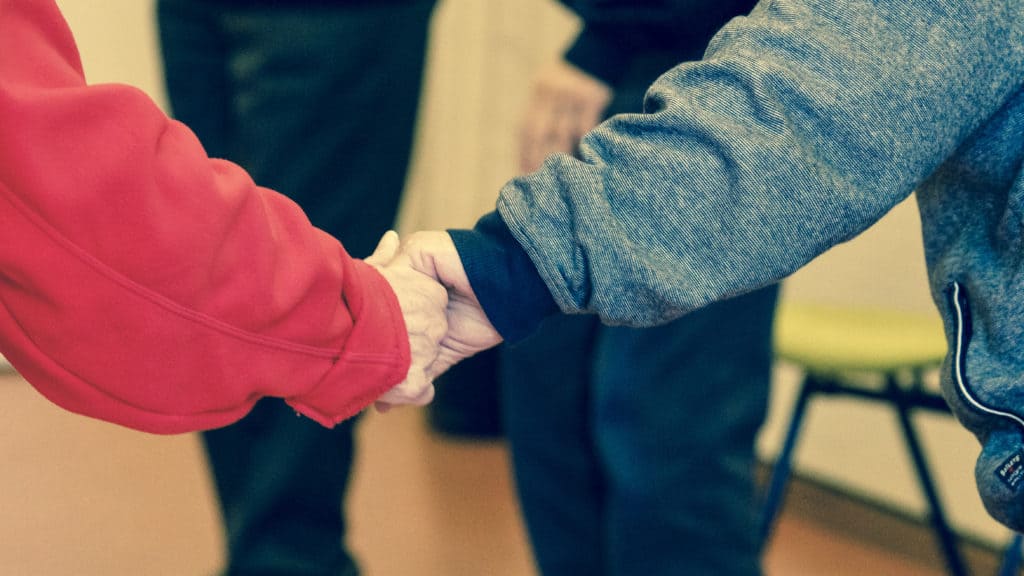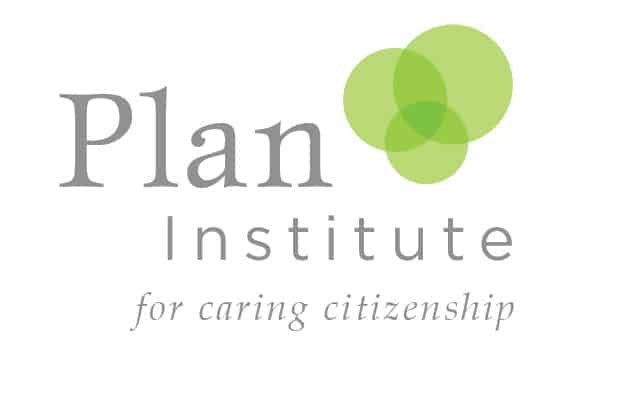By Kelly Howson
 Citizen Advocacy is a PLAN & Plan Institute affiliate organization based in Ottawa that supports people across the disability spectrum. Our Lifetime Networks program, which was started in 2010, supports people who have children with various types of disabilities, including those who have mental illnesses. However, over time we had started to realize that we were not being very successful in this area.
Citizen Advocacy is a PLAN & Plan Institute affiliate organization based in Ottawa that supports people across the disability spectrum. Our Lifetime Networks program, which was started in 2010, supports people who have children with various types of disabilities, including those who have mental illnesses. However, over time we had started to realize that we were not being very successful in this area.
In 2015, we were approached by the Mental Illness Caregivers Association (MICA) to look at how the existing Lifetime Networks program model could be modified to meet the needs of families with an adult child with a mental illness.
Together with MICA, we applied to the Ontario Trillium program to see how we could adapt and grow the existing program to meet the needs of these individuals.
The Process
We started this project with an Advisory Committee of people from various community mental health organizations, as well as parents of adult children who were part of the Lifetime Networks program, the Program Coordinator, the board chair from MICA, a Facilitator from Lifetime Networks, and a person with lived experience.
We invited ten families and ten service providers in the mental health sector, to gather information to more accurately fine-tune our vision for the pilot project. We hired an evaluator to develop a tool for data collection and to implement this with the families at the beginning, middle and end of the pilot. We have just completed all our mid-point data collection.
Some identified needs that came out of the parent/caregiver focus group, included: a desire for their loved ones to be less isolated, for their children to rely on them less for everyday things, and for them to have a friend. We decided that we would include support for the parents and include a component where the pilot families support each other. This is a new approach that varies from the regular Lifetime Networks model. The Networks built for the families will be done in much the same way as our regular program, however some creative thinking has been needed to source people when two of the individuals have been quite isolated from society for almost two decades. For example, we have reached out to individuals in Citizen Advocacy’s other programs to add to the Networks.
We are halfway through the pilot portion of this project and have grown the Networks of the individuals who have a mental illness. Although there have been some bumps along the way, including the fact that these three individuals had very few connections in their communities who were not professionals in the mental health sector, we have slowly started to build Networks for these individuals and they are reporting that they no longer feel so isolated or hopeless.
We recently held a meeting with all parents, the Facilitators, the Program Coordinator and the two Facilitators. Our plan moving forward is to reach out into the mental health sector for peer supports, to get these individuals better connected and to reduce their isolation.
We have learned that it is a slow process to build Networks for people who have been isolated for several decades, and to reduce their dependence on their parents. The families reported that they are seeing progress and are hopeful that this pilot will allow their adult children to have enjoyable social lives with peers and that the Networks will allow them peace of mind that they are not the only sources of support for their loved ones now and when they’re gone.
To learn more about Citizen Advocacy and their Lifetime Networks program, click here.
